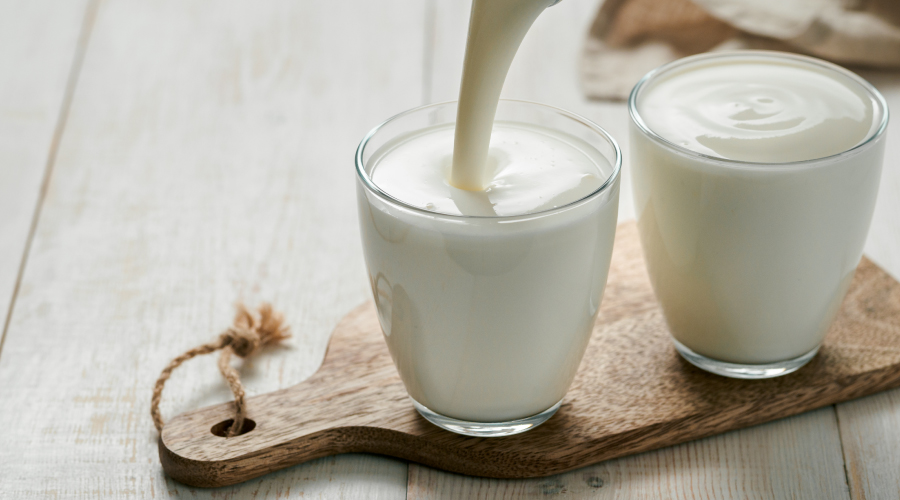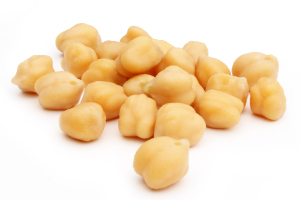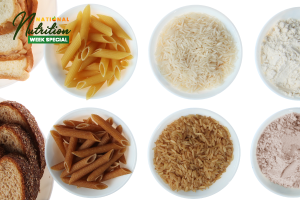

Recently kefir has been introduced to Western countries as a “super food” that has multiple health benefits and an interesting flavour profile. Fermented drinks from this area contain beneficial bacteria, yeast and important nutritives. This blog post will discuss kefir’s meaning as well as the health benefits associated with it, its effects on gut health and how kefir can be fermented using yoghurt grains.
What is Kefir Meaning?
Kefir is a fermented milk drink with a sour taste. The production of this effervescent drink happens as a result of the fermentation process achieved using kefir grains. Kefir grains are not real grains; instead, they consist of a live culture of bacteria and yeasts that create nodules that seem like small and jellylike beads.
Fermentation of milk into a drink rich in probiotics containing good bacteria and yeast which aid in digestion. They enhance health through several ways.
Health Benefits of Kefir
The following are some kefir advantages. Let’s have a look at them:
1. Enhanced Digestive Health
It has also probiotics – the friendly microbes, which promote healthy intestine activity. The probiotics will ensure a healthy balance of the gut’s microbial community, support the proper digestion process and prevent bloating, gas and other types of gastrointestinal disturbances such as constipation.
2. Immune System Support
Kefir contains probiotics that increase the immunity of an organism. Production of antibodies is also stimulated as are the activities of the white blood cells and thus they help in the process of fighting off pathogens and lowering the risk of infection.
3. Improved Nutrient Absorption
These enzymes in kefir serve the role of helping in the breakdown of food. In turn, this will make it easy for the body to absorb nutrients such as vitamins, minerals and amino acids. Ultimately, this increased nutrient absorption can contribute to a higher level of health and vigour.
4. Anti-inflammatory Properties
Chronic inflammation is known to contribute to many medical disorders such as arthritis, cancer and some kinds of cardiovascular diseases. Studies indicate that kefir contains properties that mitigate some levels of chronic or autoimmune processes associated with inflammation within the body.
5. Potential Anti-cancer Properties
There are some findings indicating that the ingredients in kefir can be carcinogenic. It has been reported that these compounds can arrest the growth of malignant cells and cause their demise but much analysis is still pending.
Magic of Kefir Grains
These starter cultures consist of kefir grains. Kefir is produced by a mixed culture of gelatinous bacterium-yeast clusters with the potential to ferment the milk through the process of lactic acid fermentation. Here is a basic description of the procedure:
1. Acquiring Kefir Grains
These are easily available by obtaining kefir enthusiasts, health food stores or online sources. Use kefir fresh, not dead powder or freeze.
2. Culturing Kefir
All you need to do in order to make your own homemade kefir is put the kefir grains in a jar and add some milk. However, people may use as much as two tablespoons of kefir grains for each single cup of milk. Wrap it with a permeable cloth or coffee filter, and pack it using a rubber band.
3. Fermentation Process
Keep the mixture fermenting at room temperature for between 12 and 48 hours for preferred taste and consistency. The kefir becomes sourer and more vicious during the prolonged fermentation period.
4. Straining and Reusing Grains
After the fermentation process, use a non-metallic sieve or cheesecloth to separate grains and liquid kefir. Use filtered water to rinse the grains after which, they can be recycled for the next batch.
Tips for Enjoying Kefir
To enjoy Kefir, here are some of the tips you can follow:
1. Flavourful Variations
You can consume kefir yoghurt as it is or make it delicious through the addition of fruits, honey, cinnamon or vanilla flavour. Be imaginative by trying different flavours that may suit your taste.
2. Quality Ingredients
Ensure that you settle on good kefir by going for organic milk or pure high-quality dairy alternatives.
3. Store Properly
After straining it, keep the kefir in a tightly closed glass jar in the fridge. To store, it should be refrigerated for up to seven days; however, the flavour and consistency will still change as the product ages.
Conclusion
Kefir is an adaptable and nourishing drink with many medicinal benefits. Kefir proves to be an extremely important source of diverse nutrients such as strengthening digestive health, strengthening the body’s immunity and even giving anti-inflammatory effects. Through the virtue of kefir grains and homemade kefir production, you can experience all possible benefits of that superb drink.




